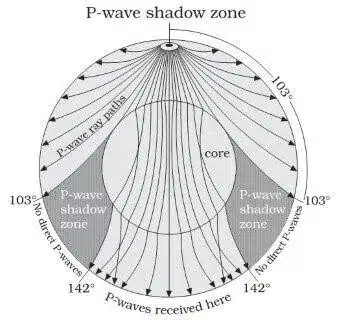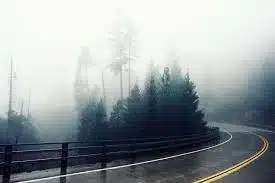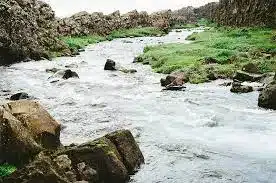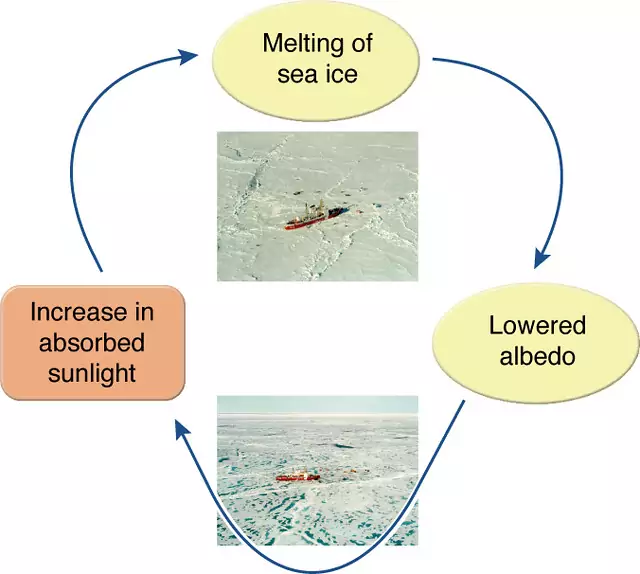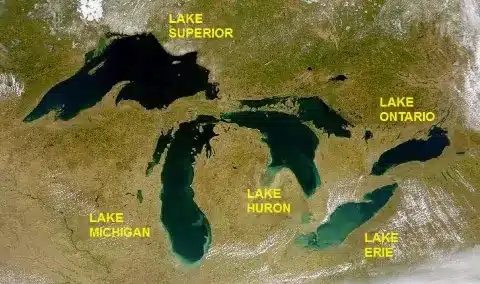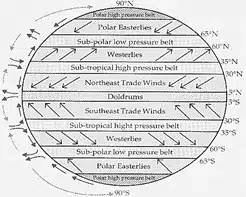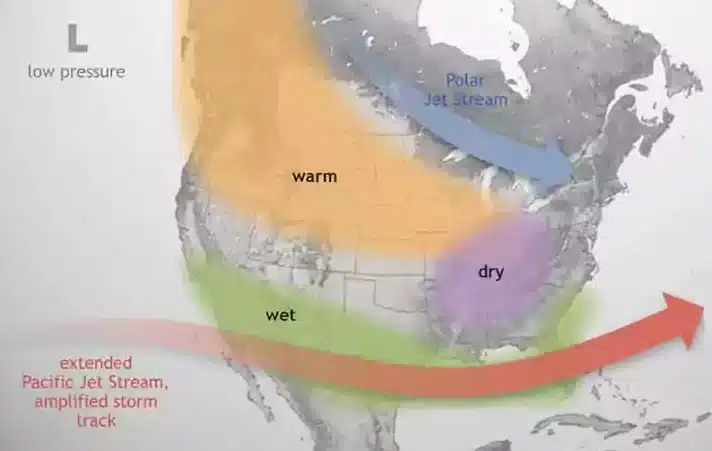Out of the 111 National Waterways (NWs) declared under the National Waterways Act, 2016, 13 NWs are operational for shipping and navigation and cargo/passenger vessels are moving on them.
The details of operational NWs are as follows:
| Sl. No. | National Waterway (NW) No. | River System | Length (km) | Location (S) |
| 1. | NW-1 | Ganga-Bhagirathi-Hooghly River System (Haldia – Allahabad) | 1620 | Uttar Pradesh, Bihar, Jharkhand, West Bengal |
| 2. | NW-2 | Brahmaputra River (Dhubri – Sadiya) | 891 | Assam |
| 3. | NW-3 | West Coast Canal (Kottapuram – Kollam), Champakara and Udyogmandal Canals | 205 | Kerala |
| 4. | NW-4 | Phase-1development of the stretch Muktiyala to Vijyawada of river Krishna | 82 | Andhra Pradesh |
| 5. | NW-10 | (Amba River) | 45 | Maharashtra |
| 6. | NW-83 | (Rajpuri Creek) | 31 | Maharashtra |
| 7. | NW–85 | (Revadanda Creek – Kundalika River System) | 31 | Maharashtra |
| 8. | NW-91 | (Shastri river–Jaigad creek system) | 52 | Maharashtra |
| 9. | NW-68 | Usgaon Bridge to Arabian Sea ( Mandovi River) | 41 | Goa |
| 10. | NW-111 | Sanvordem Bridge to Marmugao Port ( Zuari River) | 50 | Goa |
| 11. | NW-73 | Narmada river | 226 | Gujarat & Maharashtra |
| 12. | NW-100 | Tapi river | 436 | Gujarat & Maharashtra |
| 13. | NW-97 | Namkhana to AtharaBankiKhal in West Bengal (Sunderbans Waterways). | 172 | West Bengal (through Indo-Bangladesh Protocol Route) |
Inland Waterways Authority of India
- It was created by the government of India in 1986 for regulating and developing inland waterways for shipping and navigation.
- The body chiefly undertakes development and maintenance projects of Inland Water Transport (IWT) infrastructure on national waterways.
- It undertakes these projects through grants from the Shipping Ministry.
- Its headquarters is in Noida. It also has regional offices in various other cities and towns across the country.
Inland Water Transport
- Inland Water Transport (IWT) mode is widely recognized as environment friendly and cost effective mode of transport.
- As per RITES Report of 2014 on Integrated National Waterways Transportation Grid, some of the important benefits of IWT mode compared to rail and road transportation are fuel efficiency and cost savings as given below:
- 1 Litre of fuel moves 24 tonne – km on road, 95 tonne-km on rail and 215 tonne-km on IWT.
- Comparative cost for movement of freight.
- For Railways : 1.36 Rs./T.km
- For Highways : 2.50 Rs./T.km
- For IWT : 1.06 Rs./T.km
Source : Pib
Also refer :


